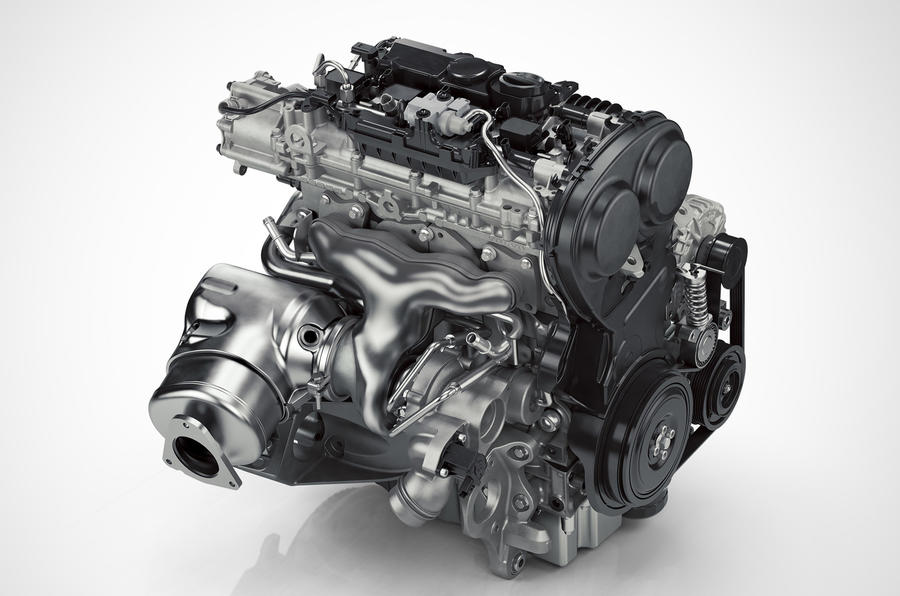Volvo and parent firm Geely are planning to merge their combustion-engine operations into a new stand-alone company, which will focus on developing more efficient next-generation units and hybrid powertrains.
The new powertrain business would continue to supply regular and hybrid combustion engines to Geely’s stable of brands including Volvo, Lotus, Proton, LEVC and Lynk&Co. It would also aim to serve as a supplier to other third-party firms.
The company would be comprised of around 3000 current Volvo employees and 5000 from Geely, with no job losses anticipated. Both firms have started to split their engine operations into new divisions ahead of the planner merger.
Volvo says the move will allow it to focus on the development of fully electric powertrains and cars. The company is committed to offering an electrified version of every new model, and expects battery-electric vehicles to account for half of its global sales by 2025. Volvo will launch its first fully electric production car, an XC40 EV, next week.
While Volvo is focused on an electric future, combustion engines will remain a key part of its offering, and Volvo boss Håkan Samuelsson said creating the new stand-alone engine company would have an enhanced ability to develop combustion-engine technology, particularly for hybrid cars.
“Hybrid cars need the best internal combustion engines,” said Samuelsson. “This new unit will have the resources, scale and expertise to develop these powertrains cost-efficiently.”The new plans are subject to approval from the Volvo and Geely boards, relevant authorities and union negotiations.
Read more
Geely's rise from obscurity to the top









Join the debate
Add your comment
Lotus
I'm interested to know what Lotus will do for combustion engines going forward, will they still use Toyota engines or switch to Volvo/Geely? I don't think that Volvo/Geely currently have an engine that has the same sort of power as the Toyota engines that Lotus currently use.
owenmahamilton wrote:
The most powerful Lotus uses a Toyota V6 and produces 430bhp, Volvos 2.0 litre petrol is capable of a reliable 350 possibly stlightly more, a tuned version as used by Lynk and Co Cyan Racing pumps out over 500.
Thanks to a relatively low kerbweight of 1,287kg, Lynk & Co claims that the 03 Cyan Concept has a 0-62mph time of 4.4 seconds, a 0-124mph time of 10 seconds and a top speed of 192mph, which I suspect is enough to keep even the most ardent Lotus fan happy.
Also dont forget, the same engine is producing 600bhp in the Polestar 1 PHEV.
owenmahamilton wrote:
Lotus has never excelled in reliabily, but the Toyota engines were a good contribution towards that goal. They are reliable even when highly tuned. Volvo/Geely engines are the obvious choice for Geely economically, but it will have to work very hard to justify the change for the customers.